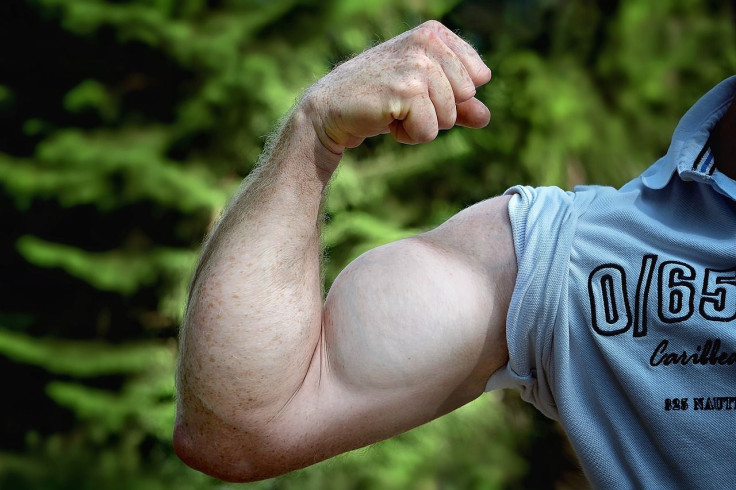We Need Proper Protein Intake To Build Muscle, But How Much Should You Really Eat After A Workout?

Working out your muscles is an essential (and tiring) task, but feeding them afterwards may be just as important. During a bicep curl or a squat session, your muscles experience micro tears that require repair; this is where protein comes in. A new video produced by the American Chemical Society delivers the science behind muscle building.
Foods like red meat, poultry, fish, nuts, and eggs are packed with protein which, when eaten, are broken down into amino acids. The damage in your muscles sends out signals for amino acids to convert into new muscles and satellite cells, which are responsible for reinforcing the tear to make it bigger and which ultimately make you stronger.
However, muscle growth only occurs when you’ve got enough of those amino acids to repair all of the micro tears, and then some, to further muscle growth later on. If you don’t eat enough protein, the tiny tears in the muscle won’t repair themselves, and you’ll be left weaker than before your workout.
So how much do you need? According to Harvard Medical School, relatively active adults require protein to make up 10 percent of their total caloric intake, which is roughly the Recommended Dietary Allowance (RDA) of 0.8 grams of protein per kilogram of weight. For a 175 pound person, that adds up to 63 grams of protein per day. It’s best to eat roughly 20 grams of protein right after a workout to repair your tears. But find the right balance for your own routine — if you don’t exercise and eat protein like an athlete, it could convert to fat.



























